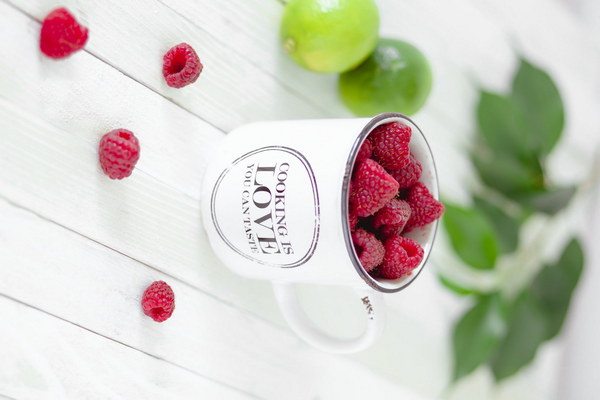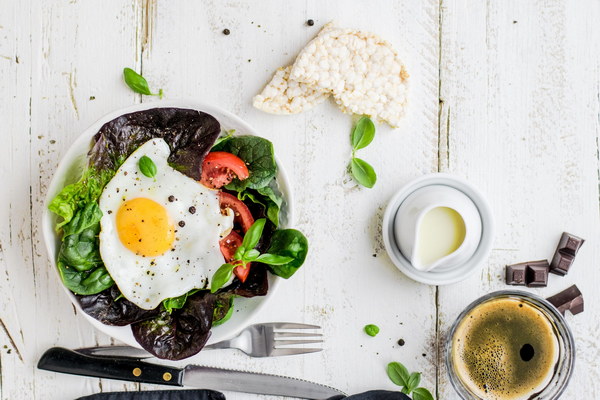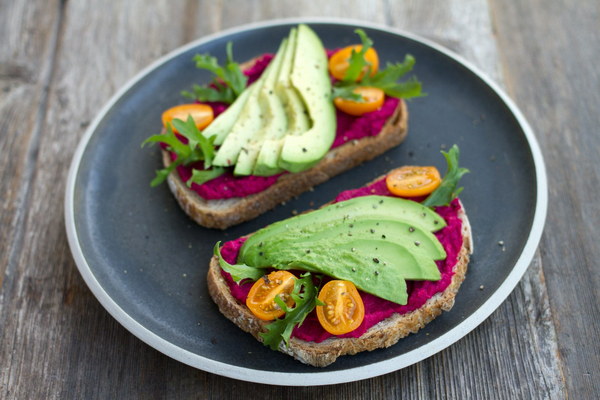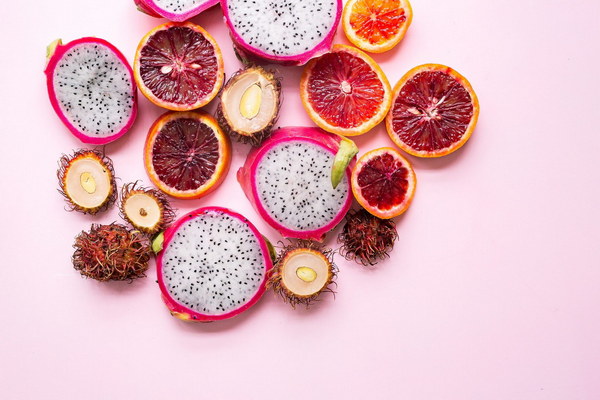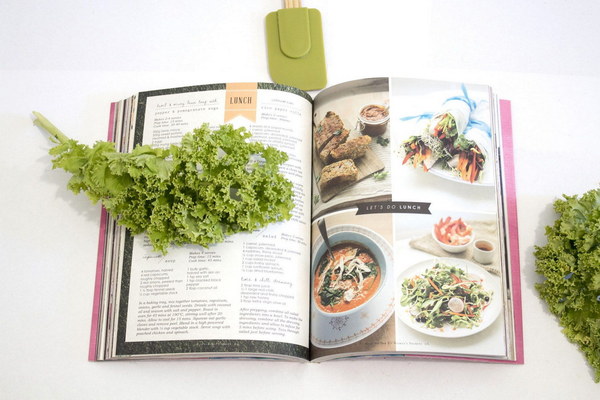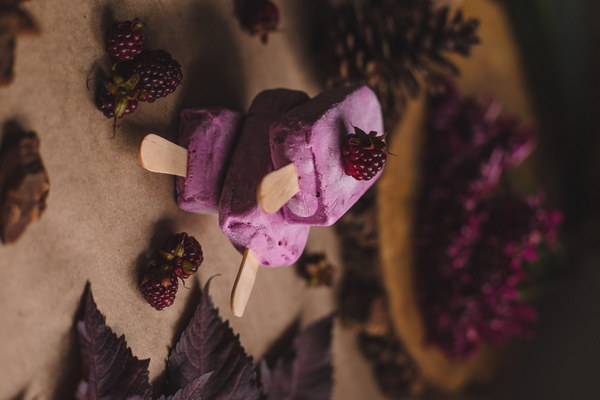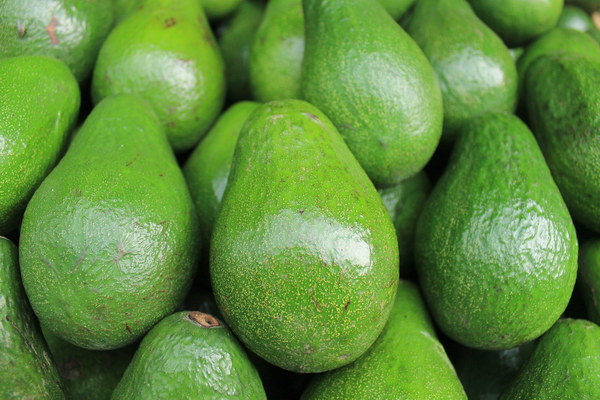Top Nutritional Allies in the Battle Against Colorectal Cancer
Introduction:
Colorectal cancer, also known as colon cancer, is one of the most common forms of cancer affecting millions of people worldwide. While genetic and lifestyle factors play a significant role in the development of this disease, incorporating certain foods into your diet can help reduce the risk of colorectal cancer. This article highlights some of the top nutritional allies that may help in the fight against this formidable adversary.
1. Fiber-rich Foods
A high-fiber diet is crucial in preventing colorectal cancer. Foods rich in fiber can help to regulate bowel movements, lower cholesterol levels, and reduce the risk of inflammation. Some fiber-rich foods include:
- Whole grains: Oats, brown rice, whole wheat bread, and quinoa.
- Fruits and vegetables: Berries, apples, carrots, leafy greens, and cruciferous vegetables like broccoli and cauliflower.
- Legumes: Beans, lentils, and chickpeas.
2. Flaxseeds
Flaxseeds are a great source of omega-3 fatty acids, lignans, and fiber. These nutrients have been shown to reduce the risk of colorectal cancer by decreasing inflammation and promoting the excretion of cancer-causing toxins. Flaxseeds can be easily added to smoothies, yogurt, or oatmeal.
3. Green Tea
Green tea is rich in polyphenols, particularly epigallocatechin gallate (EGCG), which have been found to have anti-cancer properties. Studies suggest that green tea can inhibit the growth of colorectal cancer cells and enhance the effectiveness of chemotherapy drugs. Drink 2-3 cups of green tea per day for optimal benefits.
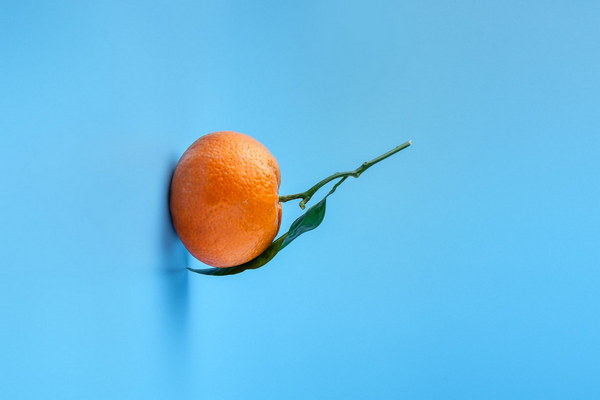
4. Cruciferous Vegetables
Cruciferous vegetables, such as broccoli, cauliflower, kale, and Brussels sprouts, contain compounds called isothiocyanates, which have been shown to reduce the risk of colorectal cancer. These vegetables help to detoxify the body and promote the excretion of harmful substances. Aim to consume at least one serving of cruciferous vegetables per day.
5. Berries
Berries, including strawberries, blueberries, raspberries, and blackberries, are packed with antioxidants and have been found to reduce the risk of colorectal cancer. Antioxidants help to neutralize free radicals, which can damage DNA and lead to cancer. Include a variety of berries in your diet to reap the benefits.
6. Garlic
Garlic contains sulfur compounds that have been shown to reduce the risk of colorectal cancer. Garlic has anti-inflammatory, antimicrobial, and anti-cancer properties. Aim to consume at least one clove of garlic per day, either raw or cooked.
7. Olive Oil
Olive oil is a healthy fat that has been associated with a lower risk of colorectal cancer. It contains monounsaturated fats, which have anti-inflammatory properties. Use extra virgin olive oil for cooking and dressings to increase your intake.
8. Nuts and Seeds
Nuts and seeds, such as almonds, walnuts, chia seeds, and flaxseeds, are rich in healthy fats, fiber, and antioxidants. These nutrients can help reduce the risk of colorectal cancer by promoting a healthy gut microbiome and reducing inflammation. Include a handful of nuts or seeds in your diet daily.
Conclusion:
Incorporating these nutritional allies into your diet can help reduce the risk of colorectal cancer. While these foods are not a guarantee against the disease, they can contribute to a healthier lifestyle and a stronger defense against this formidable adversary. Consult with a healthcare professional for personalized dietary advice and recommendations.

